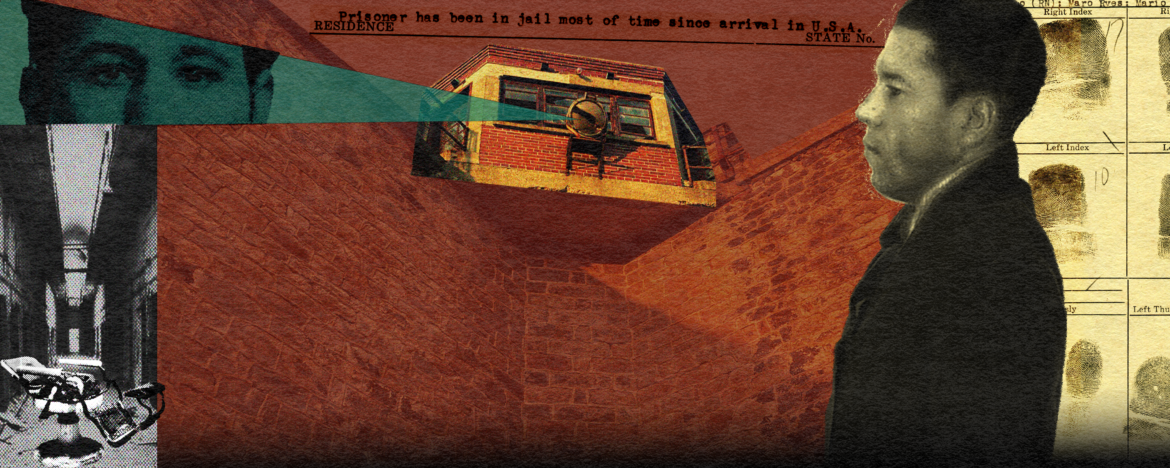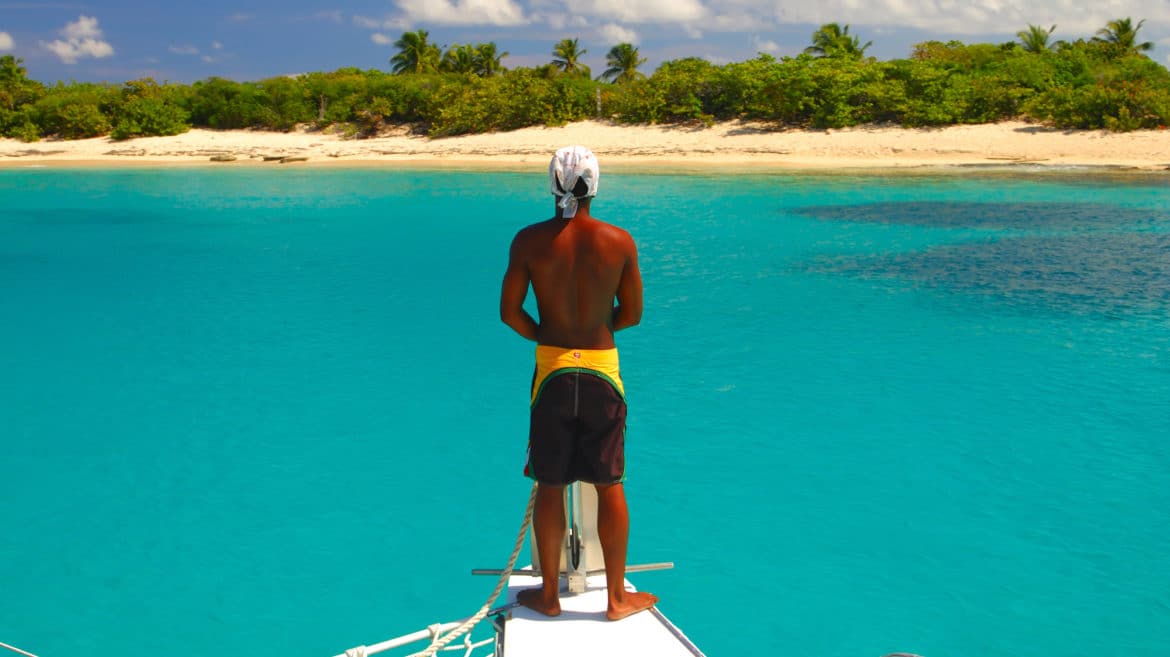Gabriel Hernández is on a stage in front of dozens of investors, entrepreneurs and government of Puerto Rico officials who, on that February 14, 2019, arrived early at the Hotel San Juan in Isla Verde to participate in the Puerto Rico Investment Summit. He is sitting on the edge of a modern gray armchair, his hands clasped between his knees. He wears a purple tie and looks relaxed. He is going to begin a presentation on the benefits of Act 22 to “Promote the relocation of individual Investors to Puerto Rico,” which is now part of the Tax Incentives Code. “The most important thing for everyone in this room is that since the beginning of this program [Act 22] we have probably handled more than 600 of these relocations of individuals [investors] to the Island.










